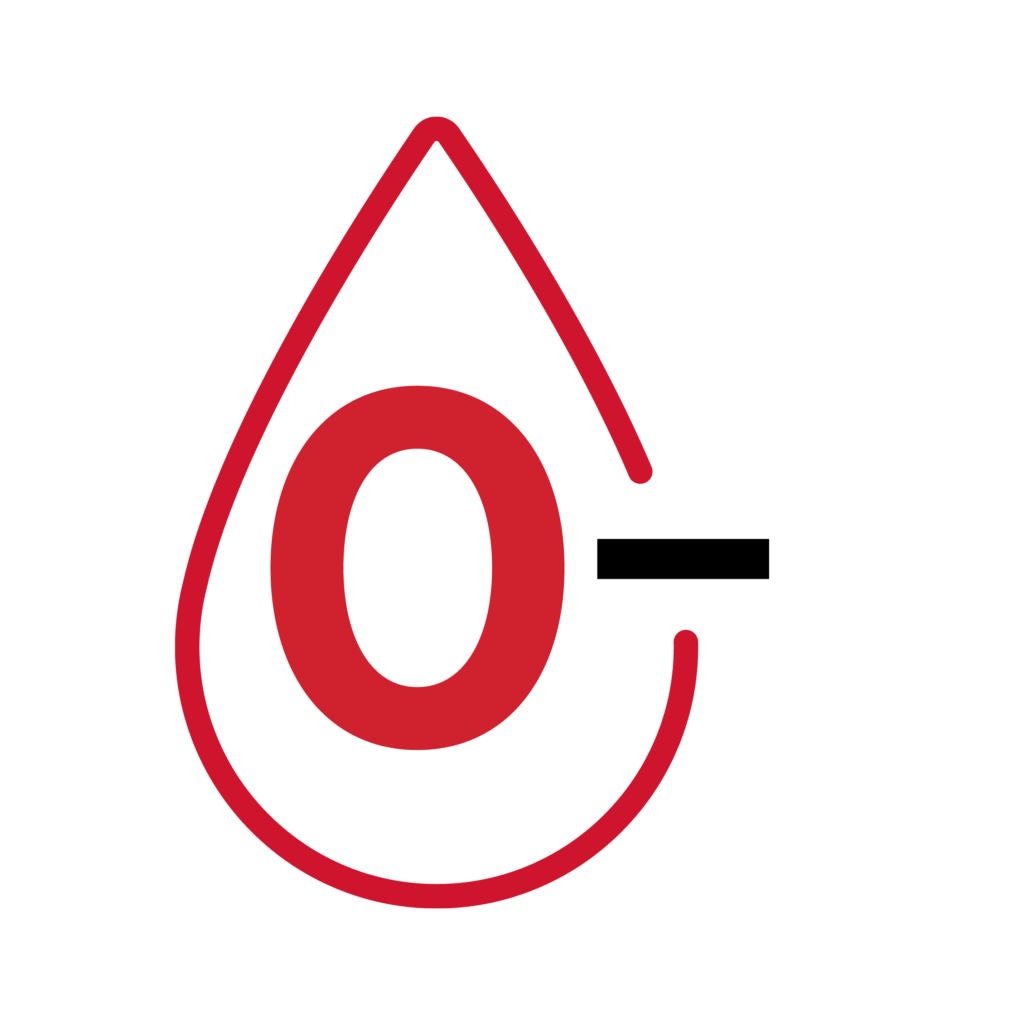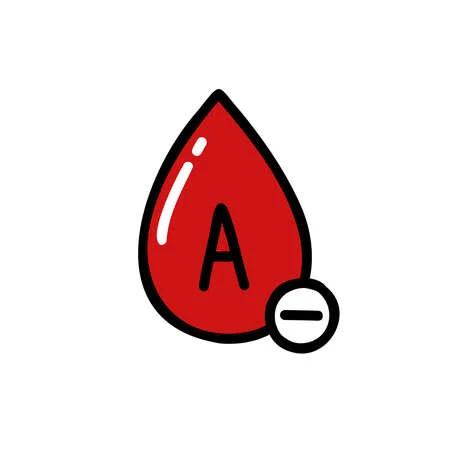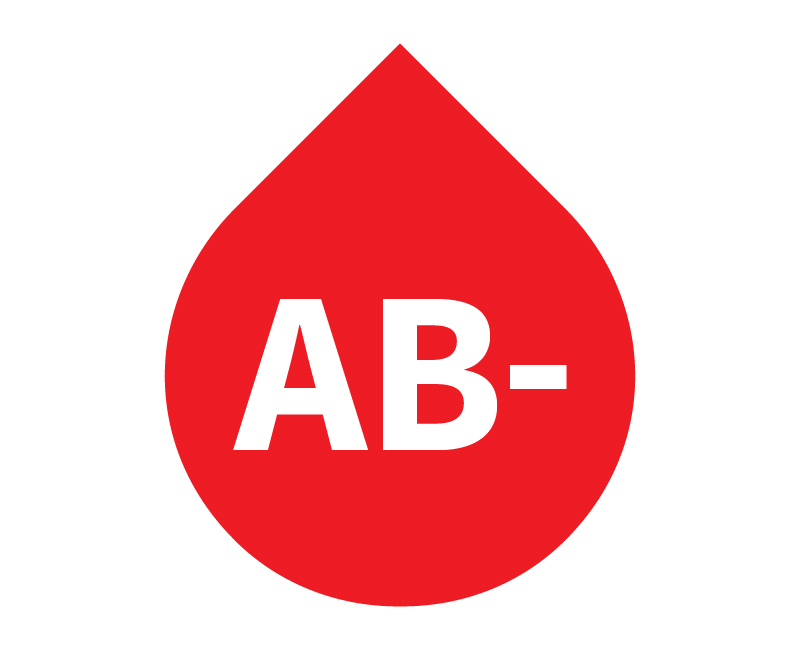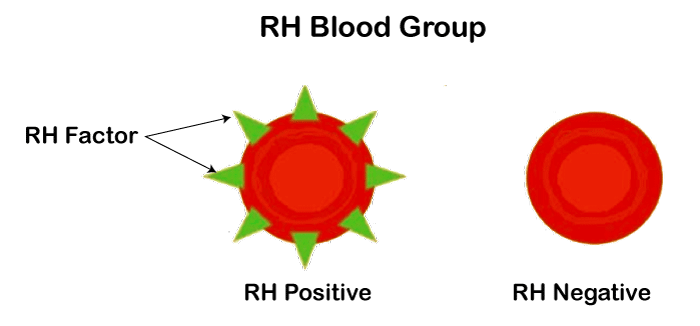9 Rarest Blood Types Ever Exist In the World, In general, there are four primary blood types or blood groups known as A, B, AB, and O. Within each of these groups, there are both Rh-negative and Rh-positive versions of the blood type.
However, this is just the most fundamental classification of human blood types, and within each type, there are more subtypes.
The Rh system contains an additional 61 recognized antigens, each of which has the potential to produce one of the millions of different blood types.
This list concentrates on the eight most common blood types in addition to the blood type that is the least common of all of them, Rh-null because it would be too much to go so deeply into all of the actual blood kinds that are out there.
Please be aware that the estimations of population distribution have been drawn from this chart, which, although a little out of date, contains the most relevant and credible data that we were able to locate via our study.
9 Rarest Blood Types Ever Exist In the World 2024
1. O+

- Distribution Among World Population: 38.67%
- Can Donate T: O+; A+; B+; and AB+
- Can Receive From: O+; and O-
- Plasma Compatibility (Can Donate To): O
According to the American Red Cross, O+ blood is the most prevalent blood type in the world. Despite the fact that it is not quite as universal as O- blood (O+ blood can be given to all Rh-positive kinds, but it cannot be given to the Rh-negative types), O+ blood is still the most commonly utilized blood type.
Another reason why O+ blood is always needed and necessary is because Rh-positive blood types are significantly more prevalent than Rh-negative blood types. This is one of the reasons why O+ blood is always needed.
Individuals can only receive blood from donors who are either O+ or O-, despite the fact that O+ blood can be donated to anyone with a Rh-positive blood type.
When it comes to plasma, O blood, whether it be positive or negative, is not as universal as other blood types, and people with O blood can only donate plasma to other people with O blood. Plasma for O blood types, on the other hand, can be taken from any blood type.
Did It Cross Your Mind?
Although both O+ and O- blood are typically utilized when an individual’s blood type is unknown, when dealing with trauma, hospitals prefer to transfuse O+ blood as opposed to O- blood.
This is due to the fact that the danger of response is significantly reduced in instances where there is continual blood loss, and hospitals also have more O+ blood than O- blood available.
2. A+

- Distribution Among World Population: 27.42%
- Can Donate T: A+ and AB+
- Can Receive From: A+; A-; O+; and O-
- Plasma Compatibility (Can Donate To): O and A
A+ blood is the second most prevalent type of blood, only behind O+ blood as the most common. Since approximately 27.42% of the world’s population has blood type A+, donations from people with this blood type are always accepted.
This allows the less common blood types to be conserved for those with rarer blood types and for use in medical crises.
Even though it is quite prevalent, those with A+ blood can only donate it to those with AB+ or A+ blood themselves.
Those who have blood type A+ are able to get blood transfusions from Rh-negative as well as positive A and O donors.
Did It Cross Your Mind?
Platelets derived from A+ blood are said to be in high demand among patients who are undergoing chemotherapy treatments, as stated by the American Red Cross.
3. B+

- Distribution Among World Population: 22.02%
- Can Donate T: B+ and AB+
- Can Receive From: B+; B-; O+; and O-
- Plasma Compatibility (Can Donate To): O and B
Blood type B- is extremely uncommon, whereas blood type B+ is fairly prevalent, as more than 22 percent of the population of the globe possesses this blood type.
Blood group B+ is more restrictive than blood group B-, and it can only be given to other people who have blood type B+ or AB+.
Patients with B+ blood can only receive blood transfusions from patients with blood types B or O, which can be either positive or negative.
Did It Cross Your Mind?
Although there is not necessarily a significant demand for B+, it is vital since it is frequently used to treat patients with sickle cell disease and thalassemia who require regular transfusions. This makes B+ an essential component.
4. AB+

- Distribution Among World Population: 5.88%
- Can Donate T: AB+
- Can Receive From All blood types
- Plasma Compatibility (Can Donate To): All blood types
The status of AB+ blood as the universal recipient stands in contrast to that of O- blood, which has the universal donor status.
Donations of AB+ blood are not in high demand because they can only be given to people who also have AB+ blood, while AB+ people can receive blood from people with any other blood type.
This is a rather positive development considering that AB+ blood is relatively uncommon, as less than 6% of the population of the globe has this type of blood.
Did It Cross Your Mind?
Although there is a low need for AB+ blood, there is always a need for AB plasma, regardless of whether it is Rh negative or positive, because AB blood is the universal plasma donor.
The National Health Service (NHS) in the United Kingdom claims that in order to prevent potentially dangerous antibodies from forming in the plasma of female donors, fresh frozen plasma can only be extracted from male donors.
5. O-

- Distribution Among World Population: 2.55%
- Can Donate T: All blood types
- Can Receive From O-
- Plasma Compatibility (Can Donate To): O
It is possible that O- blood, known as the “universal donor,” is the most valuable blood in the world because it can be donated to practically any blood type (with the exception of situations in which the individual has a rare antigen that is not among the main ones).
When the blood type of the receiver is unknown, as is common in the case of trauma or other emergency situations, O- blood is frequently utilized in transplants.
Unfortunately, O- blood is not as prevalent as other types of blood, and due to the significance of the blood, there is a significant need for donors all over the world.
It has been reported by the American Red Cross that O- blood is always the first to run out whenever there is a shortage of blood due to the universality of the type.
Did It Cross Your Mind?
Even though O- blood is already somewhat rare, donors of O- blood who test negative for cytomegalovirus (CMV) are even more valuable because it is safe for infants to receive blood transfusions from them.
CMV is a virus that causes symptoms similar to the flu, and the vast majority of adults have been exposed to it at some point in their lives.
Antibodies to CMV, which stay in the blood forever like antibodies to other viruses, are harmless to adults but can be lethal to infants.
6. A-

- Distribution Among World Population: 1.99%
- Can Donate T: A-; A+; AB-; and AB+
- Can Receive From: A- and O-
- Plasma Compatibility (Can Donate To): O and A
The A- blood type is significantly less common than the A+ blood type, which is actually quite prevalent.
A- blood is found in less than 2% of the total population of the planet. In the same way that B- blood can be donated to anyone with A or AB, regardless of whether they are positive or negative, the same is true for A- blood.
On the other hand, those who have blood type A- can only receive blood from other people with A- blood or the universal donor blood type O+.
Did It Cross Your Mind?
Although individuals with blood type A- are unable to donate blood and plasma to anyone, the universal platelet donor status of A- blood makes it a valuable commodity. Platelets derived from A- blood can be given to individuals with any blood type.
7. B-
Distribution Among World Population: 1.11%
Can Donate T: B-; B+; AB-; and AB+
Can Receive From: B- and O-
Plasma Compatibility (Can Donate To): O and B
In addition to being a very uncommon blood type, B- makes up just about 1.11% of the total population’s known blood types.
This makes it one of the rarest blood types in the world. Because B- blood doesn’t have the A antibody in its red cells, it can only accept blood from people with B- blood or O- blood (the universal donor).
In contrast to B+ blood, B- blood can be transfused into both B and AB blood types without any adverse effects.
Did It Cross Your Mind?
According to a number of different sources, approximately one in fifty people who donate blood has a blood type of B-. As a result, B- donors are always in great demand to maintain a consistent blood supply.
8. AB-

- Distribution Among World Population: 0.36%
- Can Donate T: AB- and AB+
- Can Receive From: AB-; A-; B-; and O-
- Plasma Compatibility (Can Donate To): All blood types
Among the eight fundamental blood types, the AB- blood type is the least common, with fewer than 1% (about 0.36%) of the world’s population having this type.
Although AB- can accept blood from any other Rh-negative type, it can only give to people with AB blood, regardless of whether or not the recipient has Rh-negative or positive blood.
Because the red cells of an AB- have both A and B antigens on them, this blood type is compatible with all of the other primary Rh-negative blood types.
Did It Cross Your Mind?
Because AB blood, whether it be Rh positive or Rh negative, does not have any A or B antibodies, it is considered to be the universal plasma donor. This means that plasma made from AB blood can be given to anyone, regardless of their blood type.
9. Rh-null

- Distribution Among World Population: Fewer than 50 individuals
- Can Donate T: Rh-null (can also be given to other unusual blood types)
- Can Receive From Rh-null
- Plasma Compatibility (Can Donate To): Unspecified
The Rh-null blood type, sometimes known as “Golden Blood,” is the most uncommon blood type in the world, with fewer than 50 known occurrences ever reported (43 to be exact).
Even though there are only eight primary or common blood types, there are an additional 61 potential antigens in the Rh system.
This means that the eight primary blood types can be subdivided into millions upon millions of other blood types. When a person’s blood does not contain any of the 61 potential antigens, they are said to have Rh-null blood.
Rh-null blood is able to be donated to individuals who have extremely rare blood types that fall outside of the main eight types since it does not contain any of the potential antigens.
However, Rh-null individuals can only accept the blood of those who also have the Rh-null trait. Because Rh-null blood is so hard to come by and because it possesses characteristics that aren’t found in any other blood type, it’s known as “Golden Blood” in the scientific community.
Unfortunately, the number of people who have Rh-null blood is so low that it is only used seldom. These individuals are advised to donate blood on a regular basis in order to ensure that there is enough blood available for them in the event that they require a blood transfusion.
Did It Cross Your Mind?
In 1961, an Australian Aboriginal woman was found to have the first documented case of Rh-negative blood.
9 Rarest Blood Types Ever Exist In the World – Newshub360.net
Related Post
Credit: www.Newshub360.net
